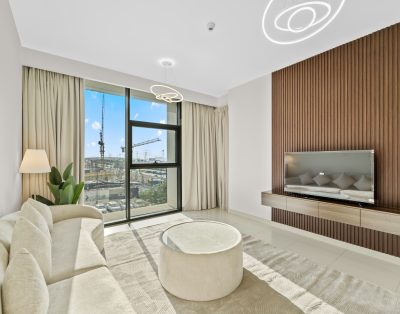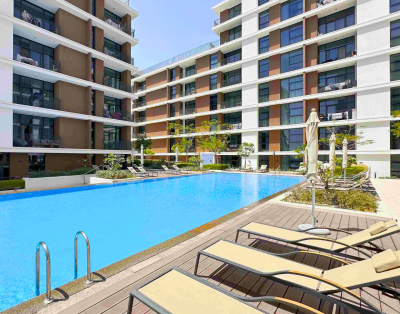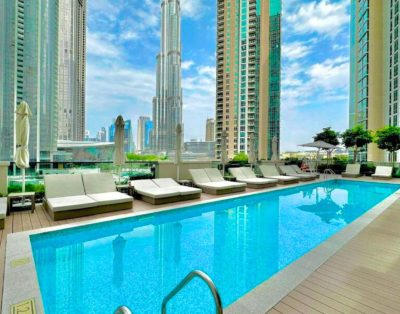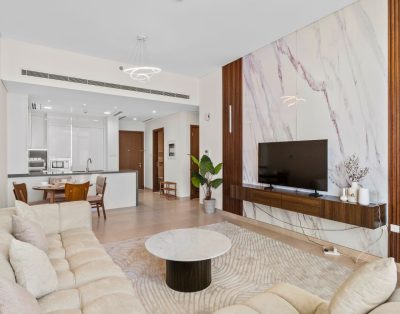Is Short-Term Rental More Profitable Than Long-Term Leasing? A Guide for UAE Property Owners

If you’re a property owner or an aspiring real estate investor in the United Arab Emirates, chances are you’ve faced this common dilemma: Should I lease my property long-term or explore the booming short-term rental market?
With platforms like Airbnb, Booking.com, and local holiday home companies making it easier than ever to list properties for short stays, many UAE landlords are rethinking the old-school 12-month leasing model.
But is short-term rental genuinely more profitable than long-term leasing?
Let’s break it down for you in a simple, relatable way.
Understanding the Basics
Long-Term Leasing
This is the traditional rental method where you sign a 6- or 12-month lease with a tenant. You get predictable monthly income, fewer operational headaches, and usually fewer tenant changes.
Short-Term Rental
This involves renting your property for days, weeks, or a few months at a time. Think tourists, business travelers, or staycationers. It often involves platforms like Airbnb, or working with a licensed holiday home operator in Dubai, Abu Dhabi, or other Emirates.
The Financial Perspective: Which One Makes More Money?
Short-Term Rental Potential
In high-demand areas like Downtown Dubai, Marina, Palm Jumeirah, or Yas Island, short-term rental rates can double or even triple traditional rental yields during peak seasons. Example: A 1-bedroom apartment in Dubai Marina might fetch AED 8,000 to AED 10,000/month on long-term lease, but as a short-term rental, you could easily make AED 500 to AED 800 per night during high season, equating to AED 15,000 - AED 20,000 monthly, if managed well.
Long-Term Leasing Stability
Provides stable, predictable cash flow. Less affected by seasonality, tourism trends, or global events. You also avoid the frequent cleaning, maintenance, and management that comes with short-term guests.
The UAE Market Trends: Why Short-Term is Gaining Popularity
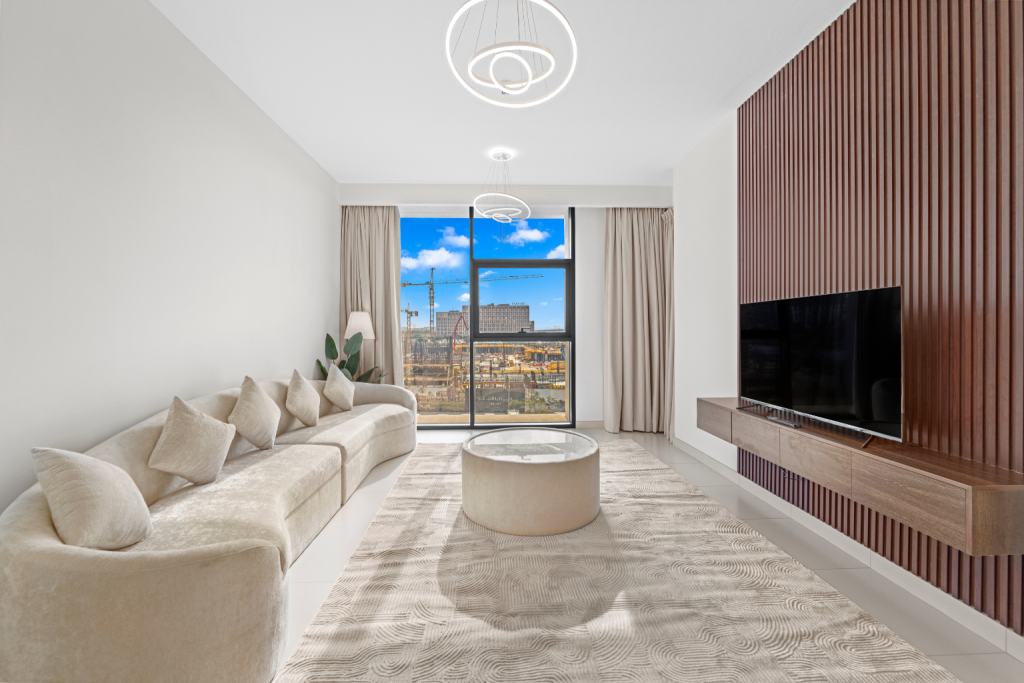
The UAE is a global tourism hotspot. In 2023 alone, Dubai recorded over 17 million international visitors, and Abu Dhabi, Ras Al Khaimah, and Sharjah also saw strong tourist growth. Expo 2020, COP28, and other major events have also boosted demand for short-term stays. Moreover: More expats prefer flexible short stays while they explore the city or finalize work contracts. Digital nomads and freelancers are on the rise. UAE government introduced new residency categories, encouraging people to test the market before long-term commitments.
Expenses & Considerations You Must Know
Short-Term Rental Costs
Higher operational costs (cleaning, linen, toiletries, guest services). Utility bills are on you, not the guest. Marketing fees, commission to platforms, and holiday home license fees. Possible vacancy periods during low seasons (May to September can be slow in some areas).
Long-Term Leasing Costs
You shift utilities and minor maintenance to tenants. Less marketing needed. Fewer turnovers, reducing wear and tear.
Key Insight
While short-term rentals can earn you 30-50% higher gross income, the net profit after expenses needs careful calculation.
Regulations You Must Follow (Especially in Dubai & Abu Dhabi)

In Dubai, you need a holiday home license from Dubai Tourism (DTCM). In Abu Dhabi, you register with Abu Dhabi Department of Culture and Tourism (DCT). Fines for illegal short-term letting can reach AED 100,000 or more. Also, your building or community might have rules against short-term rentals. Always check and stay compliant. Or, work with a licensed holiday home management company to simplify this for you like Pureliving Holiday Homes Rental
Lifestyle & Flexibility: A Hidden Advantage of Short-Term Rentals

Here’s something many landlords love about short-term rentals: You can use your property whenever you want (perfect if it’s a vacation home). You can block dates for friends and family. You have more control over the property’s condition, as frequent cleaning keeps the unit fresh. In contrast, with long-term leases, you’re locked in for the lease duration.
So… Which One Is Right for You?
Choose Short-Term Rentals If:
Your property is in a prime location with tourist or business traveler demand. You’re open to a hands-on approach or working with a property manager. You want higher returns and don’t mind fluctuations in income. You love hosting and are willing to invest in guest experiences.
Choose Long-Term Leasing If:
You want stable, passive income with minimal hassle. Your property is in suburban or expat family areas, less suitable for tourists. You prefer less tenant turnover and predictable costs.
Real Landlord Example (Dubai Marina)
Meet Sarah, 34, an expat investor in Dubai. She turned her Marina studio into a short-term rental last year. Before: Long-term lease at AED 70,000/year. After switching: Grossed AED 120,000 in short-term bookings in 12 months. After deducting cleaning, utilities, and management, her net income was around AED 95,000.
Sarah says
Short-term renting boosted my cash flow and gave me flexibility. But I also had to learn the game photography, guest reviews, and working with a manager helped me succeed.
Final Verdict: Numbers Matter, But So Does Your Lifestyle
At the end of the day, profitability isn’t just about numbers — it’s about what fits your lifestyle, effort level, and risk appetite. If you’re in Dubai, Abu Dhabi, or other high-demand areas, and willing to manage the process (or hire a holiday home manager), short-term rental can definitely beat long-term leasing in profits. But if you value simplicity, stability, and hands-off income, long-term leasing still remains a solid choice.
Pro Tip for UAE Landlords:
Do your homework. Use local data, calculate both gross and net income scenarios, and consult a local property expert or holiday home management company to avoid costly mistakes. Sometimes, a hybrid approach works too — lease long-term during low season, short-term during high-demand months. In UAE’s dynamic real estate landscape, flexibility is the key to maximizing your returns.




